1. EPA Could Stop Regulating HFCs

History of Proposed Rule
In recent years, the federal government and HVAC/R industry took steps to reduce the use of hydrofluorocarbons (HFCs) because they trap heat in the atmosphere, contributing to global warming.
In 2016, the Environmental Protection Agency (EPA) enacted rules to ban the use of HFCs with the highest global warming potentials and prohibit venting HFC and HFC-blends while servicing or disposing of equipment.[
In 2017, however, the U.S. Court of Appeals for the District of Columbia Circuit ruled that the agency could not ban HFCs under Section 608 of the Clean Air Act.[
Proposed Repeal of HFC Management Regulations
After that court ruling, the EPA decided it didn’t have the authority to regulate the management of HFCs under Section 608 either. In September 2018, the organization proposed a new rule to rescind its HFC venting regulations.
Under the proposed revision of the Refrigerant Management rule, HVAC/R technicians would not have to take measures to prevent leaks during the maintenance and repair of appliances with 50 or more pounds of HFC refrigerants. This includes not having to calculate leak rates when adding refrigerants to appliances, repair refrigerant leaks or maintain records related to servicing equipment using HFC refrigerants.[
The EPA is also requesting comment on rescinding other rules for HFCs. One that would especially impact students in refrigeration training now would be the repeal of the requirement to have EPA certification to purchase or handle HFC refrigerants.
Students could start servicing this type of equipment after graduation from HVAC/R school without taking the EPA test if the proposed rule is enacted.[
Potential Impact on the HVAC/R Industry
Even if the EPA repeals HFC refrigerant management rules, states can still enact their own laws to regulate these chemicals. California has already done so, and if more states follow its lead, regulations could vary across the nation.
It could be confusing for the industry as a whole. Technicians would need HVAC certifications in some states and not others. Manufacturers might struggle to make their equipment compliant across the country.
The EPA is set to enact the proposed HFC rule early this year.
2. New DOE Furnace Fan Efficiency Ratings Take Effect

History of Rule
Under the Energy Policy and Conservation Act of 1975, the U.S. Department of Energy (DOE) is tasked with issuing energy conservation standards for industrial and commercial equipment and consumer products. This includes the fans found in residential furnaces.
On September 2, 2014, the DOE issued a new standard to reduce the amount of energy used by residential furnace fans.
New Furnace Fan Standards
The new rule is formally known as “79 FR 38129- Energy Conservation Program for Consumer Products: Energy Conservation Standards for Residential Furnace Fans.” It creates the first ever national efficiency ratings for furnace fans: fan energy ratings (FER).
FER is determined by power consumption (W) per airflow delivered (1000 cfm), and it identifies the highest energy rating a fan can have based on the type of airflow that fan provides. It also takes into account how energy consumption varies across fan modes: constant circulation, heating and cooling.
The typical furnace with a permanent split capacitator (PSC) blower motor must achieve a 46 percent watt reduction in energy consumption by July 3, 2019.
Potential Impact on the HVAC/R Industry
While the FER standard is meant to regulate the fan efficiency of gas-fired furnaces, it could ultimately lead to a shift across the industry from standard induction motors to electronically commutated motors (ECMs). This could make things easier for HVAC/R technicians because it could standardize their motor inventory.
“With ECMs, a single pre-programmed motor will have the capability to replace a wide array of motors with the same horsepower ratings. Furthermore, if greater motor optimization is required, a technician also will be able to program the motor with the proper operational settings. Technicians will save time by making less trips to a wholesaler because they’ll be more likely to have the correct motor on their truck,’ explained Rich Bardgett, a market manager at Nidec Corporation.
Keeping Current with HVAC/R Industry Regulations
Since HVAC/R systems can have an impact on the environment, equipment and technicians can be subject to government regulations. It’s important for HVAC/R technicians to stay current with these rules to ensure they’re working in compliance with local, state and federal laws.

